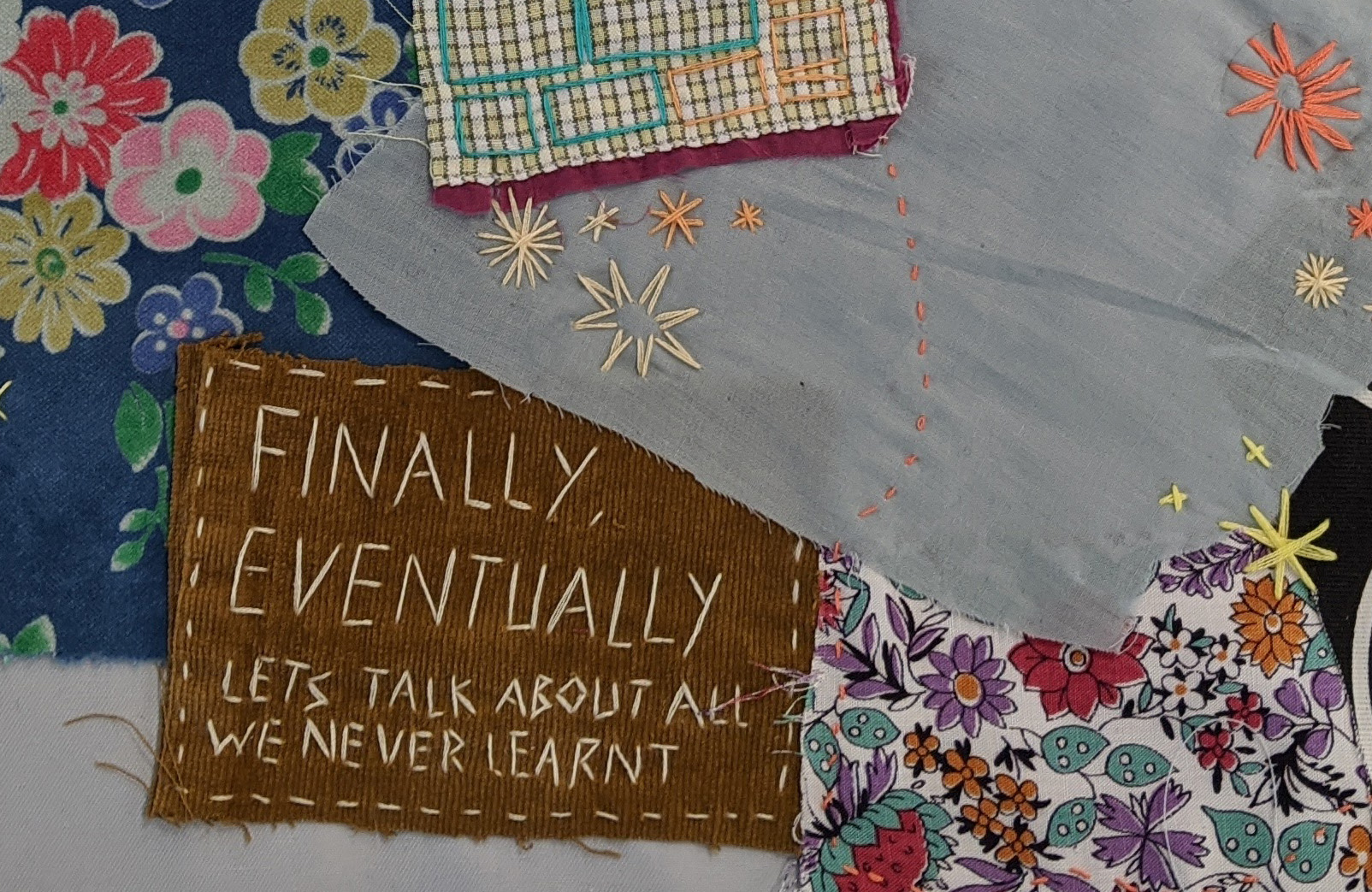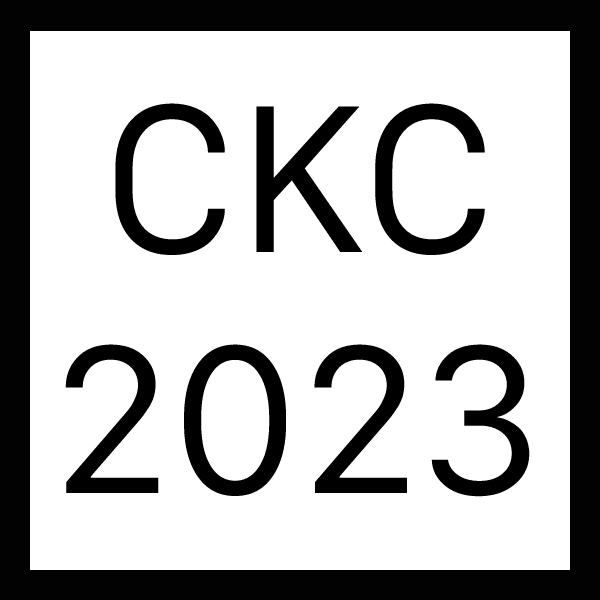CKC 2023: New Futures for Creative Economies
Day 2
A Place For We – Mapping creative spaces and the African Caribbean experience in Oxford
Abstract
East Oxford is home to a vibrant cultural scene, which has provided diverse spaces in a city divided by social and racial inequities. The African Caribbean community has played a fundamental role in constituting creative spaces in and around Cowley Road, which initially attracted members of the Windrush generation and continues to be a significant source of belonging. However, a growing number of venues, festivals, cultural and community centres are closing their doors, and with ubiquitous gentrification of the area the initiatives calling for a permanent community-led space are under increasing pressure. Our research project seeks to document the symbolic significance of space, how the lack of permanent space is experienced and its impact on the sense of connection to the city as a whole. The collaborative approach is continuously adjusted based on the engagement with partners across the academic institution including researchers, students and those engaged in teaching, as well as creative practitioners, community members and organisations – all bringing in a wide set of expertise and experiences. We are working experimentally with mapping as a form for creating connections between narratives and place, seeking to find language to hold the nuance of memories and felt experiences shared with us by participants during ethnographic walks. Through working with time-based media we can approach the spatial and temporal shifts and layers, communicating the dynamic and transient nature of the subject.
In our presentation, we will share an animated short film that is both an outcome and integral part of the mapping process. We will also introduce the wider context of our research constituted by a number of collaborative projects, the ongoing community-led campaigns for permanent space, as well as various student projects at Brookes which have emerged from our activities. In the discussion, we hope to talk more about ideas for tools of community-led archiving, integrating student learning experiences in collaborative research and how documenting initiatives in academic research can contribute resources for activism and community organising.



